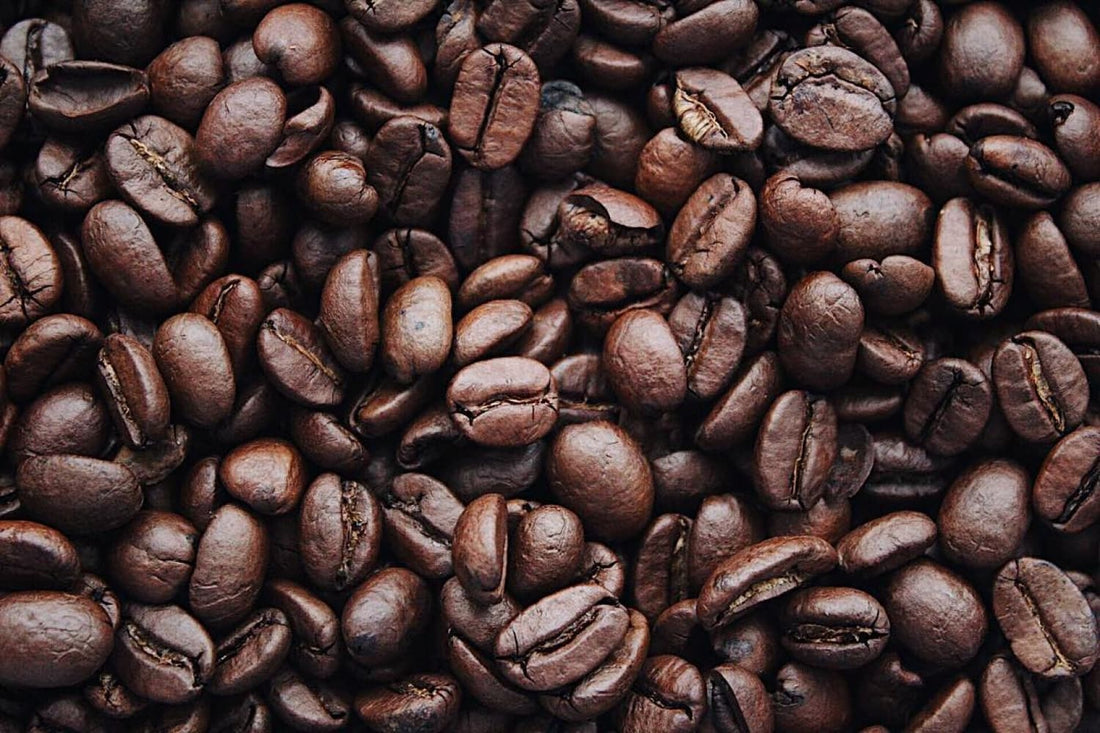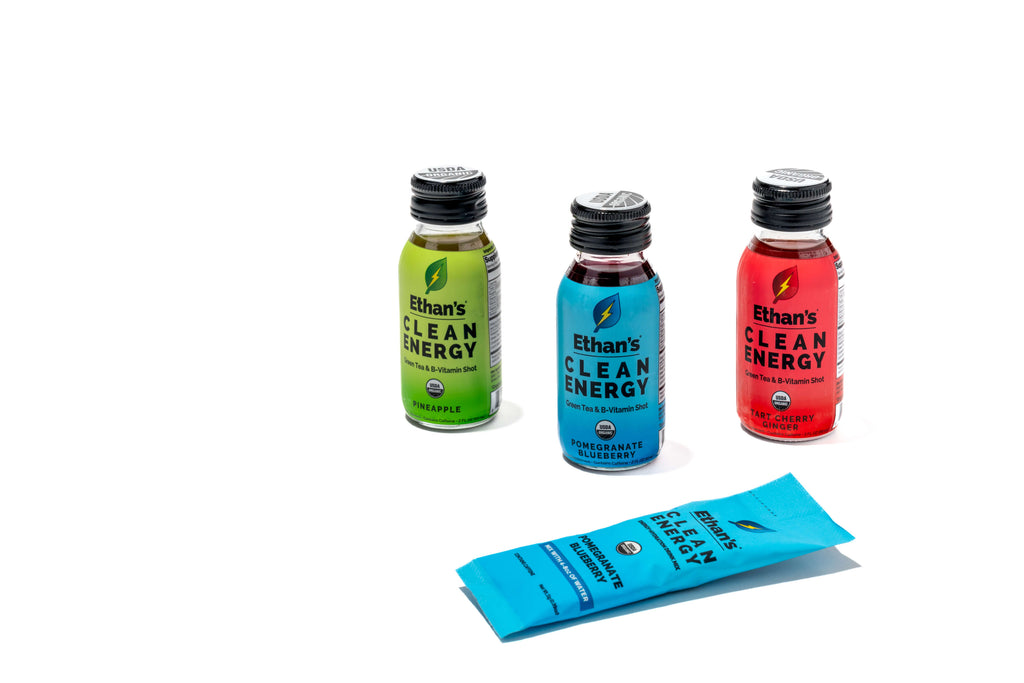-
Clean Energy Pre-Workout on sale now!
-
Clean Energy Pre-Workout on sale now!
-
Clean Energy Pre-Workout on sale now!
-
Clean Energy Pre-Workout on sale now!
-
Clean Energy Pre-Workout on sale now!
-
Clean Energy Pre-Workout on sale now!
-
Clean Energy Pre-Workout on sale now!
-
Clean Energy Pre-Workout on sale now!
-
Clean Energy Pre-Workout on sale now!
-
Clean Energy Pre-Workout on sale now!
-
Clean Energy Pre-Workout on sale now!
-
Clean Energy Pre-Workout on sale now!
-
Clean Energy Pre-Workout on sale now!
-
Clean Energy Pre-Workout on sale now!
-
Clean Energy Pre-Workout on sale now!
-
Clean Energy Pre-Workout on sale now!
-
Clean Energy Pre-Workout on sale now!
-
Clean Energy Pre-Workout on sale now!
-
Clean Energy Pre-Workout on sale now!
-
Clean Energy Pre-Workout on sale now!
-
Clean Energy Pre-Workout on sale now!
-
Clean Energy Pre-Workout on sale now!
-
Clean Energy Pre-Workout on sale now!
-
Clean Energy Pre-Workout on sale now!
-
Clean Energy Pre-Workout on sale now!
-
Clean Energy Pre-Workout on sale now!
-
Clean Energy Pre-Workout on sale now!
-
Clean Energy Pre-Workout on sale now!
-
Clean Energy Pre-Workout on sale now!
-
Clean Energy Pre-Workout on sale now!
-
Clean Energy Pre-Workout on sale now!
-
Clean Energy Pre-Workout on sale now!
-
Clean Energy Pre-Workout on sale now!
-
Clean Energy Pre-Workout on sale now!
-
Clean Energy Pre-Workout on sale now!
-
Clean Energy Pre-Workout on sale now!
-
Clean Energy Pre-Workout on sale now!
-
Clean Energy Pre-Workout on sale now!
-
Clean Energy Pre-Workout on sale now!
-
Clean Energy Pre-Workout on sale now!
-
Clean Energy Pre-Workout on sale now!
-
Clean Energy Pre-Workout on sale now!
-
Clean Energy Pre-Workout on sale now!
-
Clean Energy Pre-Workout on sale now!
-
Clean Energy Pre-Workout on sale now!
-
Clean Energy Pre-Workout on sale now!
-
Clean Energy Pre-Workout on sale now!
-
Clean Energy Pre-Workout on sale now!
-
Clean Energy Pre-Workout on sale now!
-
Clean Energy Pre-Workout on sale now!
-
Clean Energy Pre-Workout on sale now!
-
Clean Energy Pre-Workout on sale now!
-
Clean Energy Pre-Workout on sale now!
-
Clean Energy Pre-Workout on sale now!
-
Clean Energy Pre-Workout on sale now!
-
Clean Energy Pre-Workout on sale now!
-
Clean Energy Pre-Workout on sale now!
-
Clean Energy Pre-Workout on sale now!
-
Clean Energy Pre-Workout on sale now!
-
Clean Energy Pre-Workout on sale now!
-
Clean Energy Pre-Workout on sale now!
-
Clean Energy Pre-Workout on sale now!
-
Clean Energy Pre-Workout on sale now!
-
Clean Energy Pre-Workout on sale now!
-
Clean Energy Pre-Workout on sale now!
-
Clean Energy Pre-Workout on sale now!
-
Clean Energy Pre-Workout on sale now!
-
Clean Energy Pre-Workout on sale now!
-
Clean Energy Pre-Workout on sale now!
-
Clean Energy Pre-Workout on sale now!
-
Clean Energy Pre-Workout on sale now!
-
Clean Energy Pre-Workout on sale now!
-
Clean Energy Pre-Workout on sale now!
-
Clean Energy Pre-Workout on sale now!
-
Clean Energy Pre-Workout on sale now!
-
Clean Energy Pre-Workout on sale now!
-
Clean Energy Pre-Workout on sale now!
-
Clean Energy Pre-Workout on sale now!
-
Clean Energy Pre-Workout on sale now!
-
Clean Energy Pre-Workout on sale now!
-
Clean Energy Pre-Workout on sale now!
-
Clean Energy Pre-Workout on sale now!
-
Clean Energy Pre-Workout on sale now!
-
Clean Energy Pre-Workout on sale now!
-
Clean Energy Pre-Workout on sale now!
-
Clean Energy Pre-Workout on sale now!
-
Clean Energy Pre-Workout on sale now!
-
Clean Energy Pre-Workout on sale now!
-
Clean Energy Pre-Workout on sale now!
-
Clean Energy Pre-Workout on sale now!
-
Clean Energy Pre-Workout on sale now!
-
Clean Energy Pre-Workout on sale now!
-
Clean Energy Pre-Workout on sale now!
-
Clean Energy Pre-Workout on sale now!
-
Clean Energy Pre-Workout on sale now!
-
Clean Energy Pre-Workout on sale now!
-
Clean Energy Pre-Workout on sale now!
-
Clean Energy Pre-Workout on sale now!
-
Clean Energy Pre-Workout on sale now!
-
Clean Energy Pre-Workout on sale now!









